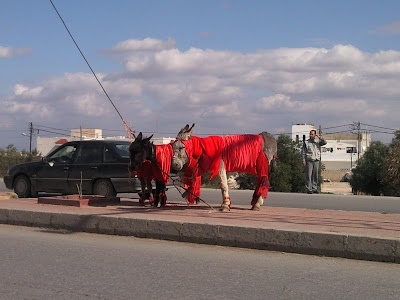
According to her book “talk of love,” Swidler defines culture as “ the set of symbolic vehicles- including rituals, beliefs, stories, and ceremonies- through which learning and sharing take place.” I agree with her, especially after exploring the different ways counties celebrate the Valentine’s Day. I was able to understand how cultures function through people's definitions of love!
Let me start from here. As a conservative county, few people in Qatar celebrate the Valentine's Day, and from my personal experiences, I realized that Valentine’s Day in Qatar is more celebrated in hotels and private places than in the public ones.
Last Valentine’s Day for example, my best friend insisted that I go with her to the La Cigale Hotel in Qatar in order to help her pick a “special, expensive gift” for her fiancé. I still remember how it looked like when we entered the hotel; it was all covered with red flowers and hearts. Shops were selling Valentine’s cakes, chocolates, gifts, and cards all over the place.




Throughout the day, I realized that she relies mostly on the material values to describe love. In other words, through her definition of love I was able to understand her love philosophy and that is “the more you spend money on gifts, the more you love.”

Personally, I don’t like Valentine’s Day! I don’t see the point of spending a lot of money on overpriced chocolates, flowers and cards, when the best way to show your love is to be thoughtful and helpful the remaining 364 days of the year! Yet I don’t mind celebrating Valentine’s Day or even buying Valentine’s cards and gifts for someone I truly love. In sociology, this behavior is not considered as a contradiction; but instead, this is explained by how people use culture. I think the environment where I have grown up and lived my life in has a great deal in shaping the way I think about love.
In my home country, Jordan, I was a bit chocked when I knew that most of Jordanians are against the Valentine’s Day! In a city called the Ramtha for example, people don’t really celebrate Valentine’s Day, and instead they call it the “Valentine’s Donkey,” as a way to express their strong disapproval and dissatisfaction about the whole idea! What is more surprising for me is the fact that in that day they actually dress a donkey with red cloths and flowers to insult whoever celebrates the Valentine’s Day.


To sum up, the most important lesson that I have learned throughout this ‘Valentine’s Day journey” is that cultural objects and cultural practices that are shared between countries mean different things to different people. In addition, the way people talk, share, and act, define love. In short, culture can be used as a reflection of people’s thoughts and behaviors.